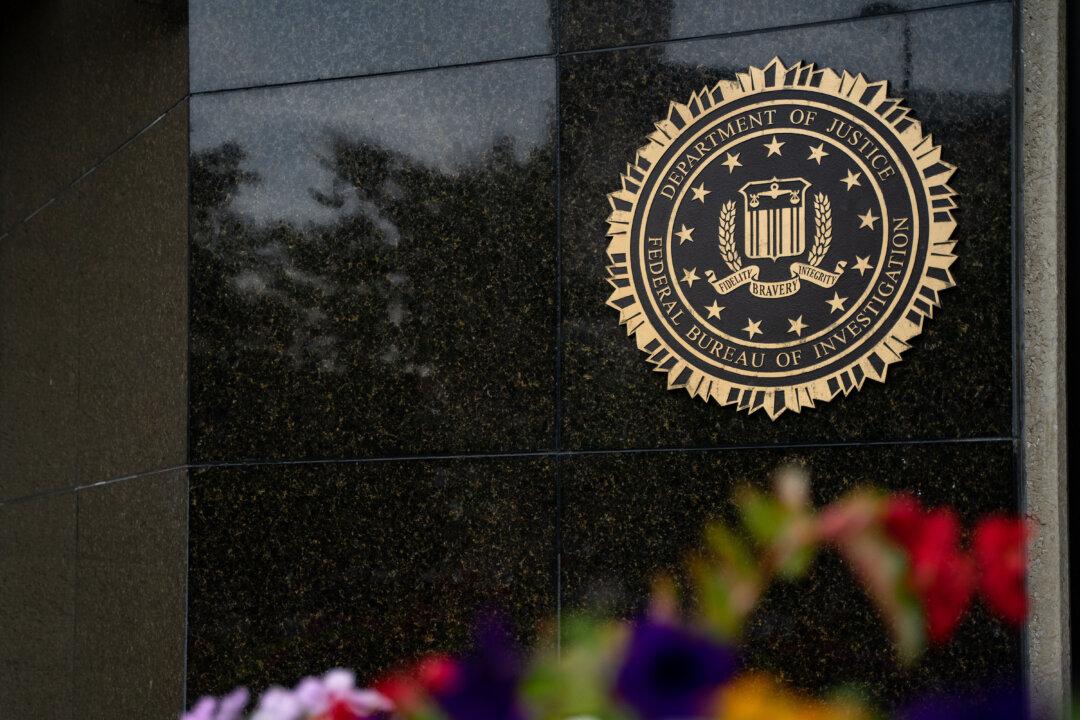Commentary
Over at the website American Greatness, Victor Davis Hanson has an excellent column under the heading of “The Biden No-Go Zones,” which simply documents some of the ways in which American journalism has discredited itself over the last five years by holding President Donald Trump and the Republicans to a completely different standard from that which is applied to President Joe Biden and the Democrats.





